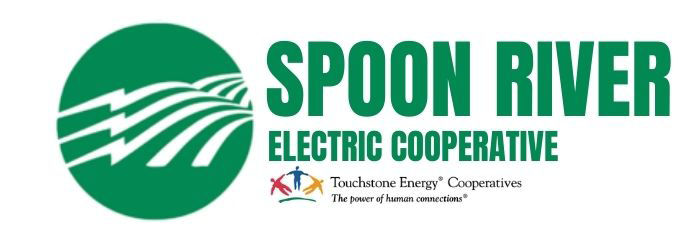To date, Spoon River Electric has returned capital credits from 1941 through 1981 and 2001. To ensure that you get your capital credits check, please make sure that your mailing address is up-to-date. If you are no longer on our lines or plan to move off of our lines, please update your forwarding address. In the event that a member is deceased, the spouse, child(ren) or other family member needs to contact us. An affidavit is required in order to claim the capital credits.
A cooperative does not earn profits in the sense that other businesses do. Instead, any margins, or revenues remaining after all expenses have been paid, are returned to the members in proportion to their usage of the co-op’s services through capital credits allocations and retirements. Capital credits represent each member’s share of the cooperative’s margins and ownership of the co-op.
Every business needs to maintain a suitable balance between debt and equity to ensure its financial health and stability. Capital credits are the most significant source of equity for most electric cooperatives. Equity is used to help meet the expenses of the co-op, such as paying for new equipment to serve members and repaying debt. Capital credits help keep rates at a competitive level by reducing the amount of funds that must be borrowed.
Capital credits are allocated to each member of the cooperative every year based on participation in the cooperative. The board of directors determines the basis for the allocation. Frequently, the allocations are based on such measures as the total dollar amount of services purchased or kwh of electricity consumed.
Each year the board of directors determines whether the co-op’s financial position permits the return, or retirement, of capital credits and, if so, what amount of capital credits will be retired. The board also decides the method for determining which capital credits are returned.
A member who terminates service no longer receives additional capital credits allocations. The balance in the member’s capital credits account is maintained until it is retired in full. It is the member’s responsibility to notify the co-op of any changes in address so that the member can be located when it is time for the co-op to retire capital credits allocated to the member’s account.
Capital credits in the member’s account belong to the member’s estate.
The board of directors has a fiscal responsibility to maintain the financial integrity of the cooperative in a way that provides competitive rates and allows the return of capital credits to members. Having a sound equity management plan and a commitment to serving the members are key to achieving this.
Capital credits are a return of money paid for electricity in a previous year and are generally not taxable income for residential consumers. Commercial and industrial consumers should discuss any capital credits retirements with their tax advisers.
